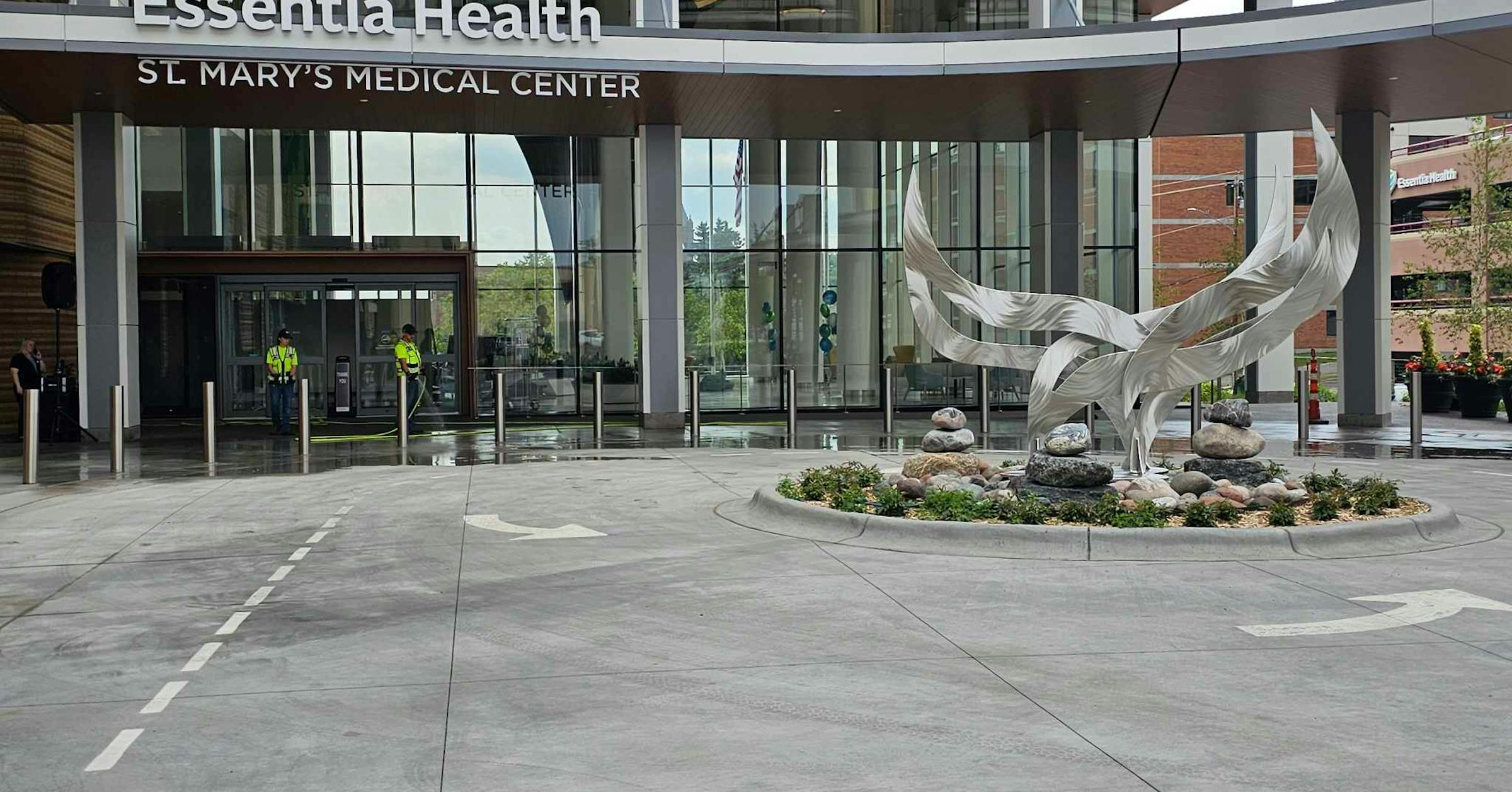Copyright Star Tribune

DULUTH – Nurses with the Minnesota Nurses Association (MNA) have called out Essentia Health over unsafe working conditions after four separate assaults on nurses in the past two weeks. The union said the incidents in Duluth and in Brainerd reflect a “dangerous pattern,” one that they have been warning administrators about for years. They need more staffing, specifically trained in de-escalation, according to MNA President Chris Rubesch, an RN at Essentia Health-St. Mary’s Medical Center in Duluth. “What we would like is accountability,” he said. “We are looking for Essentia to come to the table and have real conversations, because these incidents are continuing to happen and, I would say, are escalating in frequency.” There were 550 assaults in Minnesota hospitals in 2021 and 2022 that resulted in workers missing days or having restricted duty or transfers because of their injuries, according to the most recent Bureau of Labor Statistics. In response to a news release sent out by MNA about the assaults, Essentia Health said in a statement that the union is exploiting a serious challenge, “in this case, violence against health care workers, to score points in the press, instead of working toward meaningful solutions.” “While no amount of staffing can prevent violence against health care workers, we will continue focusing on meaningful preventative measures at all of our facilities and supporting our colleagues,” according to the statement. In one of the recent cases, a Brainerd man is accused of grabbing a nurse by her hair and throwing her across a countertop, according to court documents. Erik Albert Tammearu, 54, is charged with third- and fourth-degree assault after last week’s incident and is in the Crow Wing County jail. In Duluth, Joseph Minowanigogezhig Legarde faces assault and disorderly conduct charges. He is accused of hitting two nurses and threatening them with further harm in mid-October. Rubesch said violence against health care workers, patients and their families is a weekly, if not daily, occurrence. Oftentimes, it’s a patient with dementia who is sundowning, experiencing increased confusing as daylight wanes, and potentially becoming violent. It’s not someone who requires law enforcement, but a scenario that could benefit from extra staffing, he said. “When I don’t get that staff needed to help me make sure that patient isn’t falling, isn’t wandering away, isn’t hitting myself or my [certified nursing assistant] who is trying to keep that patient safe, that creates a very dangerous situation for everyone involved,” Rubesch said.



